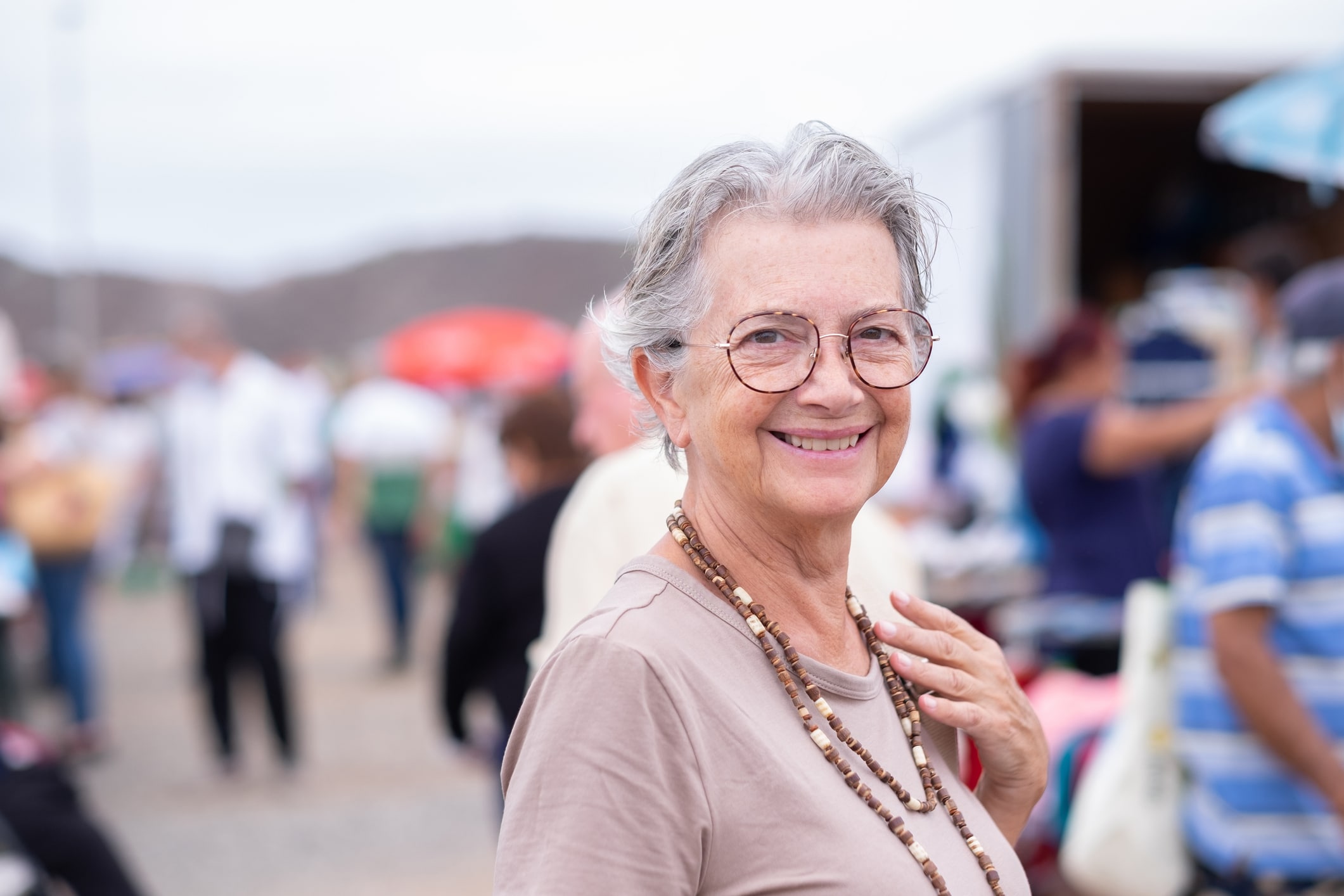One of the best aspects of retirement is the time seniors have to enjoy the…

Winter Safety Tips for Seniors
It’s winter and that means seniors should take extra precautions to protect themselves from the forces of nature — cold, ice, wind and snow — as well as threats from influenza, COVID-19 and other infections. Even healthy active seniors should take note of these winter safety tips to ensure they get through the winter unscathed.
#1 – Stay warm indoors and outdoors
Winter is cold, and seniors may not know it but aging means greater sensitivity to cold thanks to a slower metabolism, thinner skin, and some health conditions and medications. Here are simple ways to ward off the cold:
- Turn up the heat – Yes, turning up the heat will cost more but just one or two degrees can make a big difference in comfort without sending the heat bill through the roof. Not only will the extra warmth feel good overall, but it is also helpful for those with arthritis, heart disease, and respiratory conditions. Find out why warmer is better in the networx.com article, “How Cold Indoor Temperatures Can Harm Your Health.”
- Dress in layers – Layering clothing is well-known by outdoor enthusiasts for how it helps retain body heat in the winter. According to the landsend.com article, “How to Layer for Warmth (and Style),” that doesn’t mean dressing like the Michelin Man, rather just three layers; a base, a middle and if needed a third layer for indoors. When heading outdoors, just add a coat or jacket for one more essential layer.
- Run a humidifier – It’s a fact that moist air feels warmer, so running a humidifier can help a lot. But the benefits of a humidifier go beyond warmth and include improving dry, itchy skin, allergies and sinus problems, and irritated eyes. Best of all, according to the hsph.harvard.edu article, “Op-ed: Humidity can aid in the fight against COVID-19,” humidity may also help slow the spread of COVID-19, help the body fight infection better and even make the virus decay faster.
- Move more but cover up at rest – Movement is one free and easy way to stay warm, whether by cleaning house, exercising or other activity, the more you move the warmer you will be. Equally easy is covering up when relaxing, such as with a favorite homemade blanket or an electric warming throw blanket.
#2 – Get vaccinated
It shouldn’t need repeating after the past few years but getting up to speed on vaccinations is another way to stay safe and healthy in the winter. As the weather forces people indoors, the spread of viruses like influenza, COVID-19 and colds will likely increase. But vaccinations are not only a great way to protect yourself, but also those you love. Find out more in the magazine.medlineplus.gov article, “Winter viruses.”
#3- Practice fall prevention
It’s possible to fall anytime of year, but winter is especially risky for seniors thanks to ice and snow. One way to feel safer outdoors in winter is to exercise regularly as described in the hopkinsmedicine.org article, “Fall Prevention: Balance and Strength Exercises for Older Adults” to keep you strong and sure-footed.
Next, never go outdoors in winter without wearing appropriate clothing, even for a minute. In particular, boots with good gripping soles are essential. For better traction and security, especially in icy conditions, wearing ice cleats on your boots like those in the bestreviews.com article, “Best Ice Cleats,” can make a world of difference.
#4 Think twice before shoveling snow
Snow is not only deadly because it’s cold, but because it is heavy too and when it piles up, shoveling snow can cause injuries and even death. According to the American Heart Association the combination of cold and exertion can strain the heart and cause heart attacks, and other common injuries include bone and joint injuries, muscle strains, falls, and more. But there are things seniors can do to make shoveling safer like warming up muscles first, dressing right, and following the tips in the newsnetworkmayoclinic.org article, “Shoveling snow safely.”
#5 Drive safely
Winter driving takes planning and experience, so seniors should do the following:
- Make sure the car is winter ready including tires, heating, wipers and fluid, and batteries.
- Drive during the day and avoid the night when ice is harder to see.
- Plan your route and let someone know when you leave home and when you arrive at your destination.
- Keep an emergency kit inside the car with food, water, flares, cables, a blanket, and other items described in the almanac.com article, “What to keep in Your Car in Case of Emergency.”
- Keep the gas tank full for best traction.
If winter seems insurmountable, take a look at how easy it can be at One Lincoln Park. No more high heating bills, snow shoveling or scary driving, just easy carefree living. Contact us to find out more or schedule a tour to experience One Lincoln Park for yourself!



